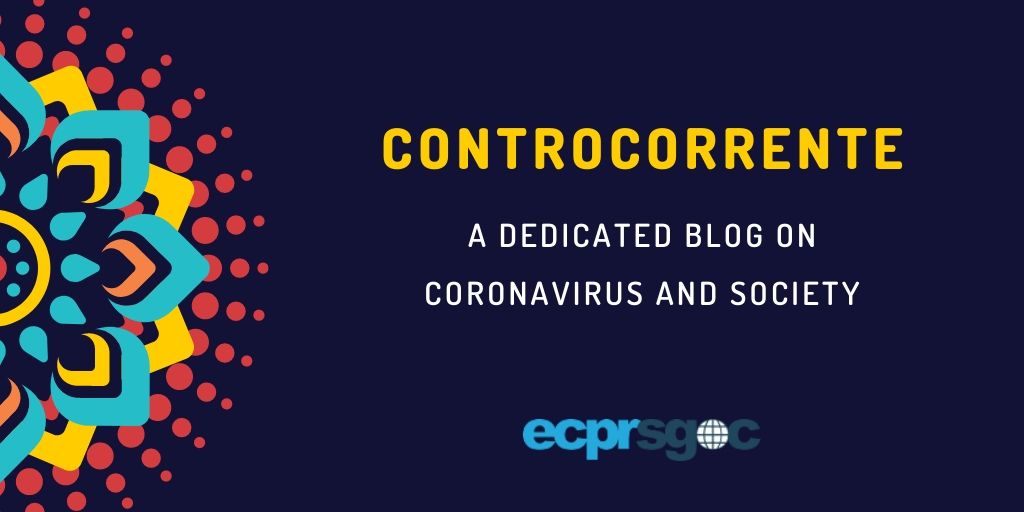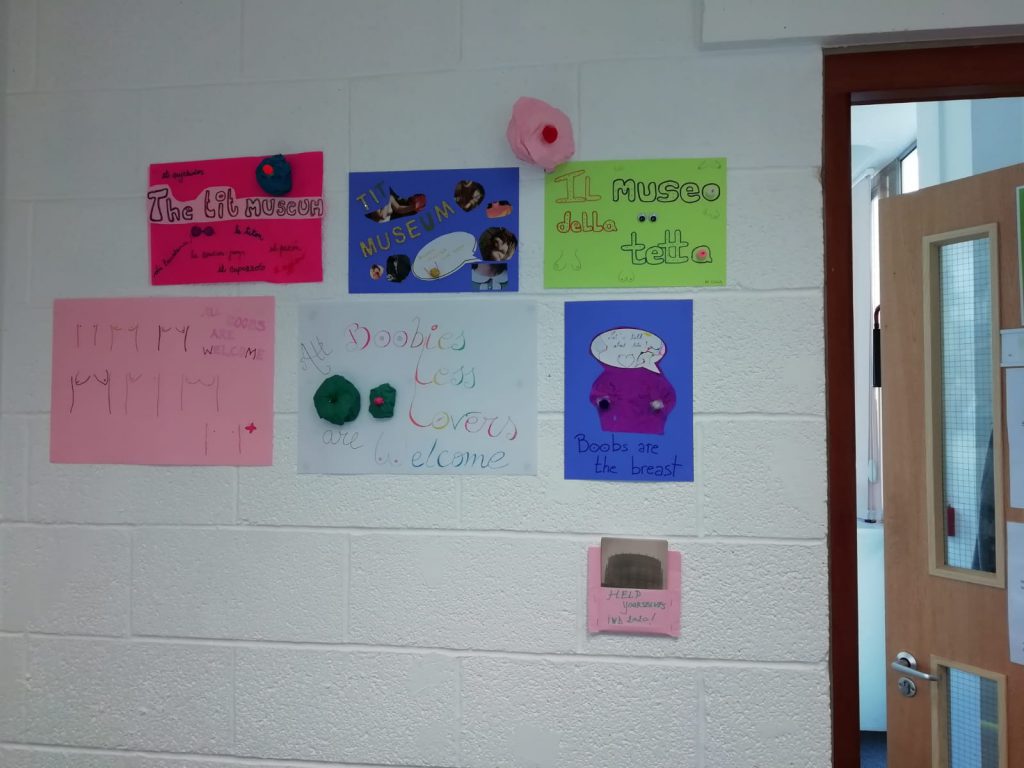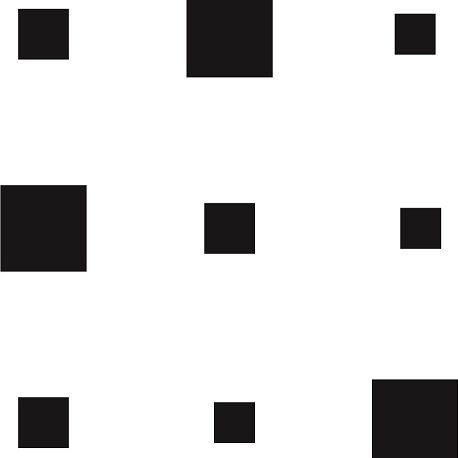
Challenging isolation is a revolutionary act
Galadriel Ravelli
University of Bath
For academics, isolation is an old friend. Most of us have probably spent weeks without talking in person to a single human being while writing our PhD theses. There have been weeks during my PhD in which the only interaction I could have was when exchanging the usual ‘Hiya’ and ‘yes I am paying by card’ with a cashier. As a lecturer, summers can also be daunting: once teaching and exams are over, there are days in which I could spend nine hours in my office and no one would knock on my door, nor I would run into anyone on the way to the toilet. I can easily recall summer days in which I barely spoke to anyone. As frightening as it sounds, most of us are used to isolation. This time, though, things are different.
‘Truly I live in dark times!’. Bertolt Brecht’s famous poem keeps echoing in my head, although I know they should not. This is not 1939 and we (in the Global North) are not on the verge of a conflict. I can easily communicate with friends across Europe and most of the time, I feel safe. Yet, I cannot help but finding analogies between Brecht’s words and my new routine: ‘A smooth forehead/ Points to insensitivity. He who laughs/Has not yet received/The terrible news’. Deeper inside, I know that what marks my new routine is the capacity to hold my breath, hoping not to hear any bad news from any of my friends, or relatives. Hoping that my mother, who works as a nurse, will keep smiling and cope with the madness. Hoping that my students and colleagues will stay safe.
Four weeks ago, I was chatting to colleagues during a ‘Women’s Day Workshop’ organised by a creative friend. We spent a pleasant hour planning a feminist museum: laughing, chatting and drawing. Our creations are still hanging on the departmental kitchen’s wall, a cheerful monument to sisterhood and creativity in a seemingly silent building. In hindsight, a monument to a disruptive, powerful act: we claimed an hour to enjoy each other’s company and be creative for the sake of it. No research or teaching outputs, just good company. I keep thinking about that day and the smiles of many colleagues that I have not seen ever since. Because that was the norm, before the storm hit us.

Before the storm, I was not in a happy place. As many precarious academics, I was stuck in an endless train of thoughts, frantically trying to make the most of my time to avoid the unemployment tunnel. Juggling with post-doc proposals, job applications, unfinished papers, conference submissions on top of my work was a full-time occupation. There was little, if no room for social interaction: it was just me, my imposter syndrome and that overwhelming fear of the future which, if uncontrolled, can leave you breathless. Chats with colleagues used to happen randomly, in random places and at random times. Corridors, the departmental kitchen, the bus stop. Five minutes to check in, make a joke, then back to work.
Oddly enough, I now miss those random moments of sociality as much as I miss going for a walk. While lots of words are being spent to imagine the ‘post-pandemic world’, I can only think about the few things that will be under my control. I want to challenge isolation, even if this is so part of the academic experience that no one finds it abnormal. While we all belong to several communities, I want to take care of the one that I have probably neglected the most. I want my colleagues to know that I care about their wellbeing, and not just in emergency times. I no longer want to leave social interaction in the workplace to chance. As much as I value the random chat on my way to the toilet, we all deserve more.
I am not picturing a utopian world where the workplace becomes a happy place in which we are all friends, nor I am downplaying the impact that unsustainable workloads have on our days. I am not pretending that we bask in isolation out of choice: many of us sacrifice social interaction in the workplace because sadly that is the most expendable thing to get us through the day. However, the pandemic is bringing to light an unexpected, urgent need to stay in touch and establish a new workplace routine. We exchange emails, organise online meetings where we do not talk about work but just check in on each other, because we care. Paradoxically, we get to know colleagues that we have barely spoken to in years, inadvertently challenging the isolation mantra. This is happening within the ‘education factory’, a living monument to neo-liberalism where only productivity seems to matter. Hence, committing to make our departments more human places is potentially a revolutionary act. In my case, this is a soon-to-expire act, because my workplace will cease to be such within a few months, when my contract ends. Needless to say, our departments would be much more human places if people were working on secure contracts. Yet, as many of us have experienced over recent UCU strikes, this is not everyone’s concern. What our new condition is suggesting though, is that the weaker the sense of community is, the harder it is for anyone to care about their colleagues. If we keep accepting isolation as an inevitable condition underpinning academic life, our communities will stay weak and people will feel entitled to disengage from the struggle for change.
My future as a precarious academic does not look bright. Yet, this renovated sense of community is offering an unexpected glimpse of hope. In 1939, Brecht wrote that ‘We/Who wished to lay the foundation for gentleness/Could not ourselves be gentle’. We, on the other hand, have the opportunity to be gentle now and start paving the way for a future, inclusive and sustainable academia by taking care of each other.
9 April 2020.
***
This blog aims to reflect the opinions, thoughts, and concerns of academics and researchers related to COVID-19. All views belong to authors and it does not represent the views of any organisation.

